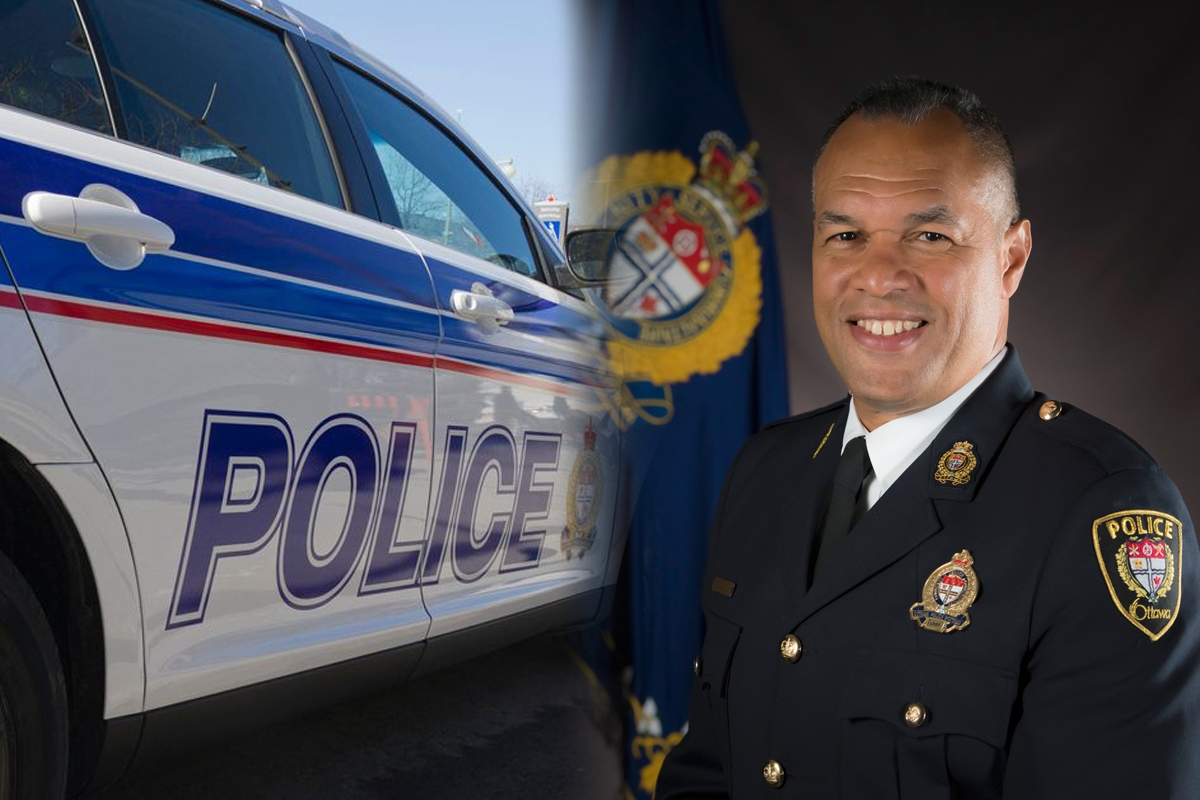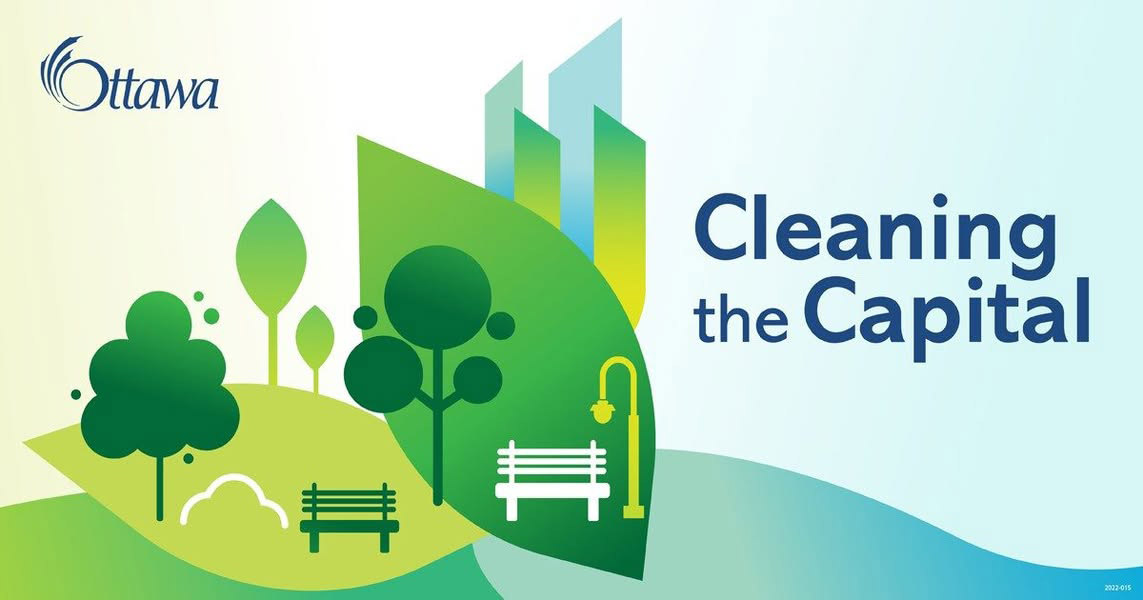
Hiring more cops should come with conditions
Above: Ottawa Chief of Police, Peter Sloly
The appointment of Peter Sloly as Ottawa’s new Chief of Police should be welcome news for the residents of our community. The Ottawa Police Service has been under a barrage of criticism both internally from its own members and externally by members of the public. The question of course is what new approaches will this new police administrator bring to the job that other police chiefs have already tried or done in the past?
Among the general population, there are many myths about what works and what doesn’t work when it comes to policing and crime. One of these myths is that hiring more police officer reduces crime. In the early 70’s professor Brian A Grosman the author of the ‘Prosecutor’ and ‘Police Command’ made the point that when a new police chief is hired the first thing that happens is that the crime rate increases.
As Grosman says, this is due to the fact that new police chiefs immediately hire more police officers and with more officers on the beat there are more charges being laid, more people being arrested and more individuals being prosecuted. In fact, it is well known that the hiring of new police chiefs is automatically followed by a concomitant increase in the hiring of more police officers. By doing this a new police chief can point to statistics and claim that his officers are having a significant impact on fighting crime. The data helps bolster the chief’s position and helps assuage community fears about violent crime in their neighbourhood. However, does hiring more police officers actually have any impact on crime rates?
As Lawrence Sherman, one of the worlds leading police researchers pointed out in 1998 ‘we are all entitled to our own opinions, but not to our own facts.” His review of empirical research evidence into the questions as to whether more police equals less crime shows that this is not the case. In his book ‘Preventing Crime’ Professor David P. Farrington says that using opinion instead of evidence will lead ineluctably to programs and policies that simply do not work.
The questions we have to ask before we invest millions of dollars in hiring more police officers is why are we hiring more police officers?
This is the central question that needs to be addressed. Is the purpose of increasing police manpower to reduce crime or is it intended to improve the morale of the rank and file by reducing workloads? Is the purpose to address specific problems such as gang violence or to target new offences the progeny of our technological age? Is the objective to assuage public fear of crime and the public’s perception of the police? These are fair questions and they should always be addressed before the Ottawa Police Service embarks on hiring new police officers. Is there any empirical evidence that adding police officers or unleashing more cops will achieve any of these objectives?
This is important because unless you have a plan that provides an analysis of the problem areas where critical shortages of manpower exist how do you know how many officers will be required?
This plan should be made public and have input not only by city councillors but also from members of the public, community leaders and the police association. Simply hiring more police officers may ameliorate workloads, improve the morale of officers, appease the police association but exactly how is it going to change the major problems with a police culture that many critics would say has been functioning against rather than with the community for years. How will it deal with a militant police association that has been at loggerheads on a continuous basis not only with the chief of police but the police services board and the mayor of Ottawa? To date all we have heard is words and nothing more that things will improve?
So returning to the issue at hand exactly how will the hiring of more cops make our city safe? Research evidence into policing clearly shows its not the number of police officers you hire but how they will be utilized. In the most systematic review of the evidence Eck and Maguire reviewed 27 studies of the relationship between the number of police officers and the impact they had on the crime rate. The findings showed that only 20 per cent of the studies found that more police was correlated with lower crime rates while 30 per cent found the reverse namely that more police was correlated with more crime.
How will hiring more police officers resolve the issue identified by the Office of the Independent Police Review Directorate (OIPRD) that 90 per cent of all public complaints against police relate specifically to improper police conduct? In Ottawa the figure is around 76.6 per cent. Criminal Defence lawyers have said that every day in courtrooms in this City they file applications to have charges dismissed because the officer did not comply with their client’s rights under the Canadian Charter of Rights and Freedoms.
If more police officers are needed in Ottawa and there is a plan in place that clearly demonstrates a need for these additional officers no reasonable person would object. On the other hand, if there are claims being made that hiring more cops will lead to a reduction in crime, less fear of crime by residents, improved police community relations, fewer complaints against the Ottawa Police Service and improved morale among the rank and file than this is nothing more than wishful thinking. As Samuel Walker states in his book ‘Sense and Nonsense’ “Research evidence clearly shows that adding police officers in combination with community policing-programs may produce modest reductions in crime but it is not cost-effective.”
Darryl T Davies, BA, DIP (CRIM) Cantab.
Darryl T Davies is a professor of criminology and criminal justice in the Department of Sociology and Anthropology at Carleton University. The views are those of the author in his personal capacity.









